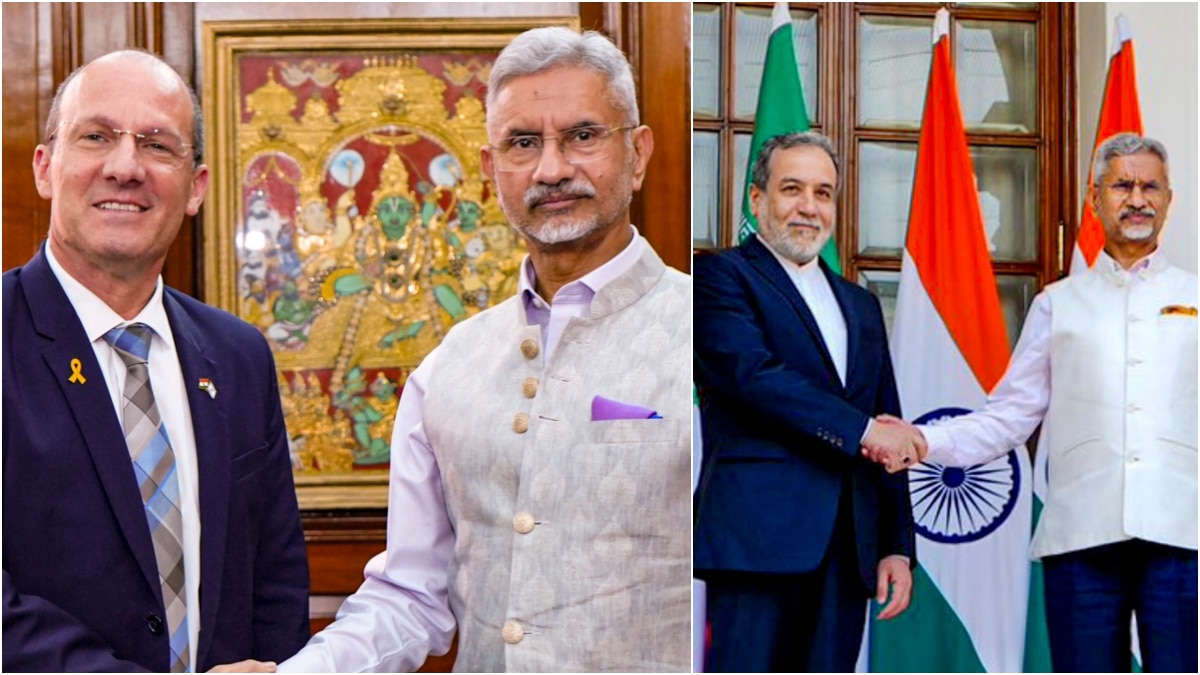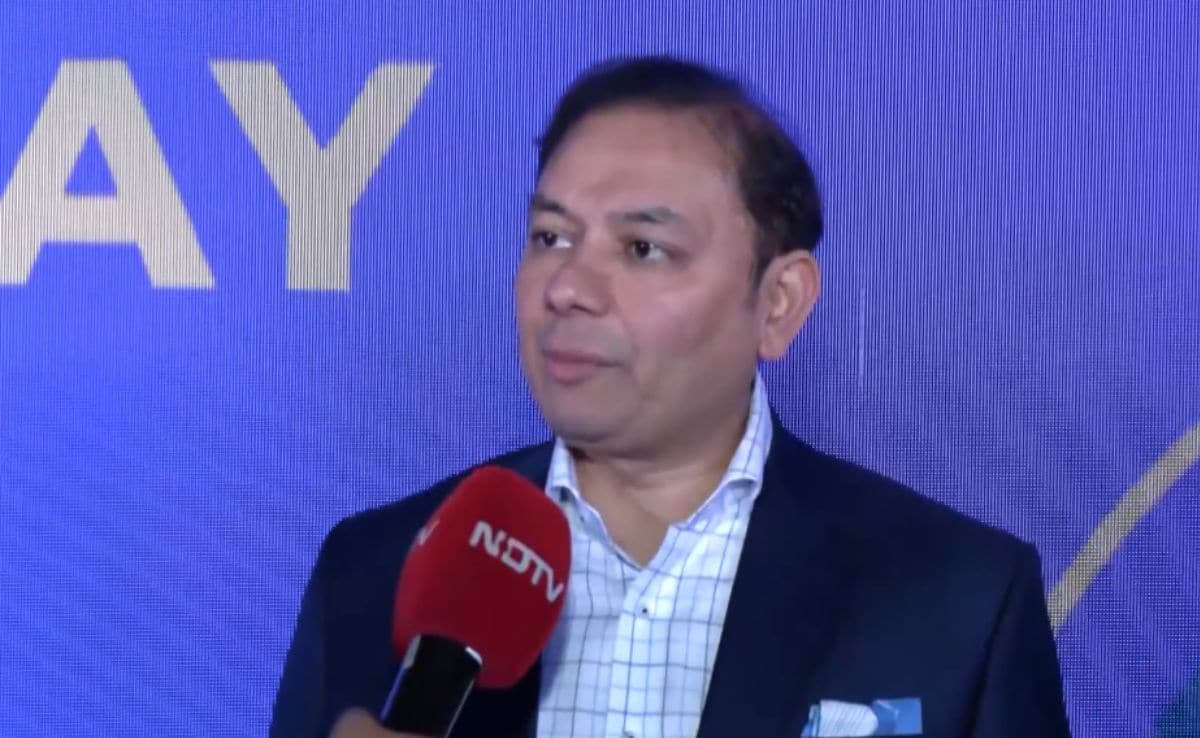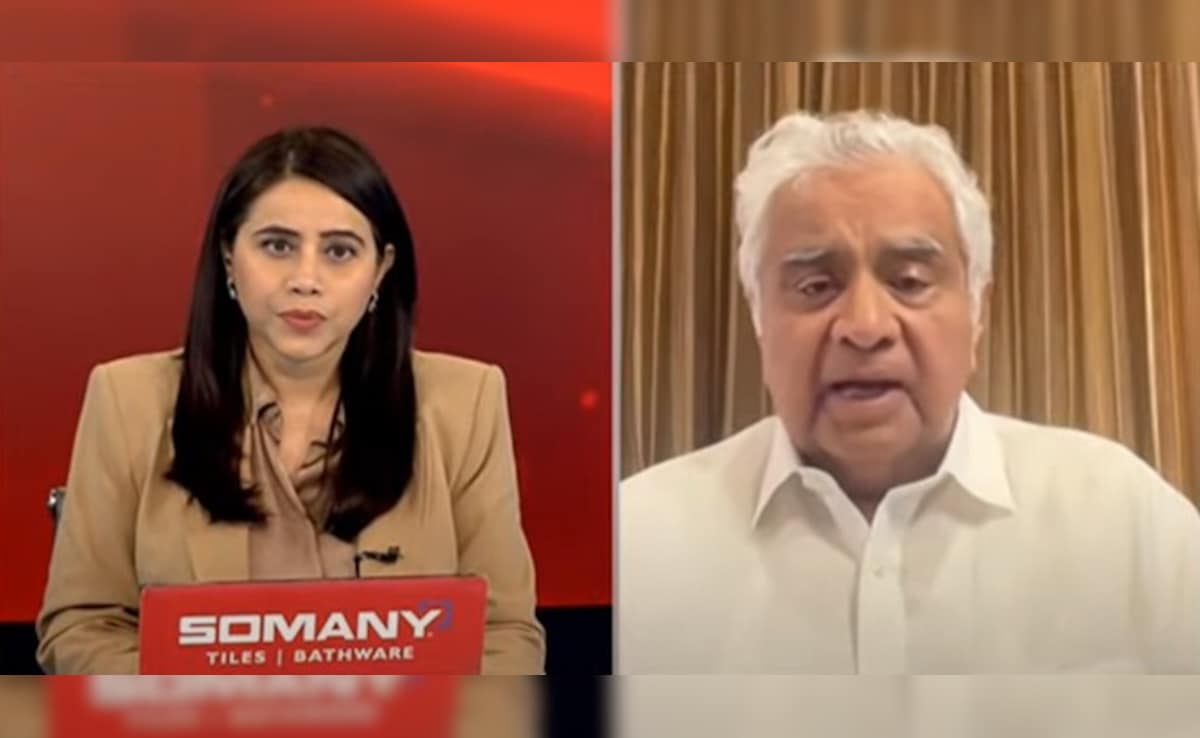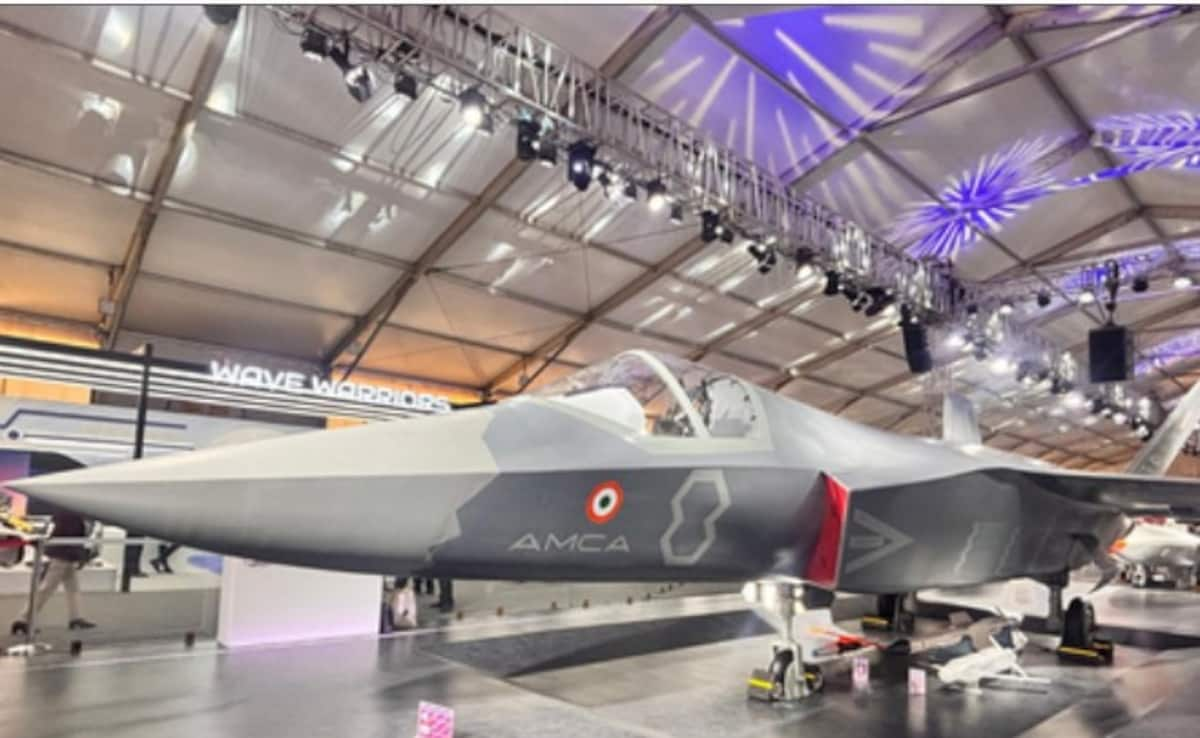<p><span style=”font-weight: 400;”>As missiles fly between Israel and Iran and Western powers edge toward potential intervention, India finds itself walking a narrowing diplomatic tightrope. New Delhi’s doctrine of strategic autonomy — maintaining relations with rival states without taking sides — is facing one of its toughest tests in years.</span></p>
<p><span style=”font-weight: 400;”>India has built deep partnerships with both Israel and Iran, now locked in open hostility. With Israel, cooperation has evolved far beyond defence into areas like high-tech, agriculture, and port infrastructure. Indian corporate giant Adani Group’s operation of the Haifa Port, along with robust arms trade and semiconductor collaboration, underscores a fast-growing strategic convergence.</span></p>
<p><span style=”font-weight: 400;”>Iran, meanwhile, remains vital to India’s regional ambitions. The Chabahar Port project in south-eastern Iran—backed and developed by India — is a key piece in bypassing Pakistan and accessing Central Asia. Historically, Iran has also served as a major energy supplier and a cultural-political partner in West Asia. India’s repeated abstentions from voting against Iran at international forums, especially on sanctions and nuclear issues, signal a long-standing diplomatic comfort zone.</span></p>
<h3><strong>The Middle East as Strategic Theatre</strong></h3>
<p><span style=”font-weight: 400;”>The conflict is not just about Israel and Iran — it is unfolding in India’s broader zone of interest. The Middle East is a cornerstone of India’s energy security, home to over eight million Indian expatriates, and the site of massive trade flows and remittances. Strategic projects like the India-Middle East-Europe Economic Corridor (IMEEC) and the I2U2 grouping (India, the US, Israel, and the UAE) reflect India’s rising profile in the region.</span></p>
<p><span style=”font-weight: 400;”>Any shift in India’s posture — whether it be perceived as favouritism toward Israel or a perceived neglect of Iran — could disrupt this balance. In such a delicately poised environment, diplomatic silence becomes both a message and a gamble.</span></p>
<h3><strong>Trump’s War Talk and the Risk of Forced Alignment</strong></h3>
<p><span style=”font-weight: 400;”>Complicating matters, US President Donald Trump has reportedly approved a plan to attack Iran, pending a final order, according to </span><em><span style=”font-weight: 400;”>The Wall Street Journal</span></em><span style=”font-weight: 400;”>. His remarks at a White House briefing—“I may do it, I may not do it”—suggest that Washington is closer than ever to entering the conflict militarily, potentially alongside Israel.</span></p>
<p><span style=”font-weight: 400;”>For India, this is a red flag. As Michael Kugelman, Director of the South Asia Institute at the Wilson Center, observed in </span><em><span style=”font-weight: 400;”>Foreign Policy</span></em><span style=”font-weight: 400;”>, New Delhi may soon be forced to shift from strategic ambiguity to strategic decision-making. The UK daily The Guardian reports that the British Prime Minister Keir Starmer has affirmed support for Israel’s right to self-defence amid escalating tensions with Iran while deploying British jets to the region as a deterrent. However, he has emphasised that any UK involvement would be strictly defensive, urging all sides to de-escalate and pursue diplomacy.</span> <span style=”font-weight: 400;”>If the US and its allies, including the UK, get involved in a direct assault on Iran, India’s “non-alignment” may no longer be tenable.</span></p>
<h3><strong>Damage to Civilian Sites and a Widening War</strong></h3>
<p><span style=”font-weight: 400;”>The conflict’s escalation is already setting off alarm bells. Iran’s missile strikes have injured dozens in Israel, including damage to Soroka Hospital in Beersheba. Meanwhile, Israel has hit Iranian nuclear sites like the Arak heavy water reactor and the Natanz facility. Civilian zones are no longer off limits, and the risk of a full-blown humanitarian crisis is rising. Iran’s Supreme Leader has warned of “irreparable harm” if the US intervenes.</span></p>
<p><span style=”font-weight: 400;”>India, which has so far refrained from condemning either party, could soon face pressure to define its stance more explicitly. Silence, which may have previously signalled prudence, could now be interpreted as diplomatic evasiveness.</span></p>
<h3><strong>Geography, Pakistan, and Chabahar’s Fragile Future</strong></h3>
<p><span style=”font-weight: 400;”>The geography of this crisis matters deeply to India. Pakistan shares a 900-kilometre land border with Iran and has been trying to assert itself more aggressively in Central and West Asia, often at India’s expense. With no land route to Afghanistan or Central Asia via Pakistan due to the hostility of India’s immediate western neighbour, India’s only viable access lies through Iranian soil. That makes Chabahar not just a port, but a geopolitical lifeline.</span></p>
<p><span style=”font-weight: 400;”>Any rupture in India-Iran ties — triggered by a perception of Indian alignment with Israel or the West — could jeopardise Chabahar and the broader North-South connectivity corridor that India envisions to counter China’s Belt and Road Initiative.</span></p>
<h3><strong>Domestic Optics and Regional Sensitivities</strong></h3>
<p><span style=”font-weight: 400;”>India’s regional neighbours — Pakistan, Bangladesh, Afghanistan, and the Maldives — have all categorically condemned Israel’s strikes on Iran. These Muslim-majority countries have no diplomatic ties with Israel but maintain friendly relations with Tehran. India, in contrast, maintains robust ties with both, making its neutrality unusual but also more exposed.</span></p>
<p><span style=”font-weight: 400;”>At home, the government must tread carefully. India is home to the world’s third-largest Muslim population, and public sentiment, especially amid rising regional violence and attacks on Islamic nations, could become politically volatile. Balancing international imperatives with domestic optics is a challenge the government cannot ignore.</span></p>
<h3><strong>Bottom line: India’s Diplomacy in a Shrinking Space</strong></h3>
<p><span style=”font-weight: 400;”>India’s position so far has mirrored its approach to the Russia-Ukraine war: call for de-escalation, avoid naming aggressors, and resist taking sides. Prime Minister Narendra Modi’s recurring line — “This is not an era of war” — is a diplomatic cue aimed at signalling balance, restraint, and realism.</span></p>
<p><span style=”font-weight: 400;”>But in this case, the middle ground may not hold for long. With Western powers now actively considering military intervention and both Israel and Iran too important to alienate, India is cornered in a conflict where neutrality is no longer passive — it’s a high-wire act with real consequences.</span></p>
<p><span style=”font-weight: 400;”>Whether New Delhi can maintain its strategic autonomy as the theatre of war expands remains to be seen. What is clear, however, is that this conflict could reshape India’s West Asia playbook — and perhaps force it to make the hardest foreign policy choices in years.</span></p>
<p><em>Kirti Pandey is a senior independent journalist.</em></p>
<p><strong>[Disclaimer: The opinions, beliefs, and views expressed by the various authors and forum participants on this website are personal and do not reflect the opinions, beliefs, and views of ABP News Network Pvt Ltd.]</strong></p>
World
Neutrality On Trial: India’s High-Stakes Balancing Act In The Israel-Iran Conflict
by aweeincm

Recent Post

Pranav Adani Explains Thank Tank CRF’s Role In Journey Towards Viksit Bharat
Adani Enterprises Director Pranav Adani congratulated the think tank Chitan ... Read more

“Judges Tied Themselves In Knots”: Harish Salve On Cash Row Judge Case
Former Solicitor General of India Harish Salve has said that ... Read more

Indian Student Dies In Canada, Cause Of “Sudden Death” Unclear
An Indian student at the University of Calgary in Canada ... Read more

India Kick-Starts Process To Build 5th Generation Stealth Fighter Jet
India has kick-started the process to implement an ambitious project ... Read more